Inflation Drives Poverty Surge in Nigeria
Inflation continues to be a major economic challenge in Nigeria, with the latest report from the World Bank revealing that 129 million Nigerians now live in poverty. The Nigeria Development Update report, released on Thursday, detailed a stark rise in poverty, largely driven by inflation, poor economic management, and external shocks. This marks an increase from the 115 million Nigerians living in poverty in 2023.
The report paints a bleak picture of the country’s economic future, warning that inflation has significantly eroded the purchasing power of Nigerians, forcing many into extreme poverty. This shift represents a sharp rise in poverty rates, increasing from 40.1% in 2018 to 56% in 2024.
Join our WhatsApp ChannelInflation’s Impact on Poverty
One of the most alarming findings of the World Bank’s report is that inflation has outpaced growth in Nigeria, making it difficult for the country to lift its citizens out of poverty. Since 2018, the poverty rate has soared, with over 35 million people slipping below the national poverty line. This means more than half of Nigeria’s population now struggles to meet basic needs.
According to the report, multiple factors have compounded this crisis. These include the COVID-19 pandemic, recurrent natural disasters, and the high cost of living, exacerbated by rising inflation. The World Bank emphasized that without significant policy intervention, the number of people living in poverty could continue to rise.
Inflation and Urban Poverty
While poverty has traditionally been more prevalent in rural areas, the report highlighted the growing challenge of urban poverty. In 2018, 18% of urban dwellers lived below the poverty line. That figure has jumped to 31.3% in 2024, reflecting the severe economic pressures facing city dwellers due to inflation.
Rising food prices, transportation costs, and the removal of fuel subsidies have disproportionately affected Nigeria’s urban poor, leaving millions without access to essential services. Inflation has eroded the value of earnings, pushing many families into poverty despite their efforts to find employment in the informal sector.
Reactions from Nigerian Leaders
At the launch of the Nigeria Development Update report, Governor Bala Mohammed of Bauchi State expressed concern over the nation’s economic direction. He criticised President Bola Tinubu’s economic policies, arguing that inflation was eating into state revenues, making it difficult for governments to meet the needs of their citizens.
“We should go back to the basics. Nigerians are not enjoying the regime at this time. Inflation is eating up the resources, and people are feeling the pinch,” said Governor Mohammed. He added that the financial allocation distributed by the federal government to the states was no longer enough to cover essential expenses due to inflation.
The World Bank, however, countered these criticisms, stating that Nigeria’s economic reforms were necessary for long-term stability. The organisation acknowledged the short-term pain caused by inflation but urged the government to stay the course to stabilize the economy.
READ ALSO: Nigerian Govt Yet To Address Real Drivers Of Inflation – CPPE
The Government’s Response
Nigeria’s finance minister, Wale Edun, remained optimistic despite the grim inflation data, suggesting that the country’s economic reforms were starting to show positive results. He pointed to improved monetary policies and efforts to stabilize exchange rates as key indicators that Nigeria was “turning the corner” on inflation.
“The removal of the fuel subsidy, which had drained our GDP for years, was a difficult decision, but it was necessary,” Edun said. He added that these reforms had started to reduce the fiscal deficit, even as inflation remained a challenge.
The Central Bank of Nigeria also defended its recent interest rate hikes, stating that the moves were designed to tackle inflation head-on. CBN Governor Olayemi Cardoso explained that controlling inflation was essential to maintaining economic stability.
Inflation’s Toll on Ordinary Nigerians
For many Nigerians, however, the impact of inflation has been devastating. Food prices have risen dramatically, making basic goods unaffordable for a growing number of households. Families are adopting creative strategies to cope, cutting back on non-essential expenses, bartering goods and services, and turning to informal work to make ends meet.
Many citizens have expressed frustration over the government’s handling of inflation, with some blaming poor economic policies for exacerbating the crisis. “We are barely surviving,” said a Lagos resident, adding that inflation has driven up the cost of living to unprecedented levels.
With inflation showing no signs of slowing, the outlook for poverty reduction in Nigeria remains uncertain. Experts warn that unless the government takes decisive action to tackle inflation and create productive jobs, the number of Nigerians living in poverty will continue to rise.
Long-Term Solutions for Tackling Inflation
The World Bank has recommended several steps that Nigeria could take to mitigate the impact of inflation. These include expanding social safety net programs, such as cash transfers, to help vulnerable families weather the economic storm. Additionally, the bank has urged Nigeria to focus on creating high-quality jobs that provide sustainable incomes.
Alex Sienaert, the World Bank’s lead economist for Nigeria, stressed the importance of addressing it alongside job creation. “Employment alone is not enough unless the jobs are well-paying. We need productive jobs that can lift people out of poverty,” he said.
As the country grapples with rising costs and its economic fallout, the road ahead remains challenging. However, with targeted reforms and sustained efforts to tackle inflation, there is hope that Nigeria can reverse the current trend and reduce poverty over time.
Emmanuel Ochayi is a journalist. He is a graduate of the University of Lagos, School of first choice and the nations pride. Emmanuel is keen on exploring writing angles in different areas, including Business, climate change, politics, Education, and others.
- Emmanuel Ochayihttps://www.primebusiness.africa/author/ochayi/
- Emmanuel Ochayihttps://www.primebusiness.africa/author/ochayi/
- Emmanuel Ochayihttps://www.primebusiness.africa/author/ochayi/
- Emmanuel Ochayihttps://www.primebusiness.africa/author/ochayi/



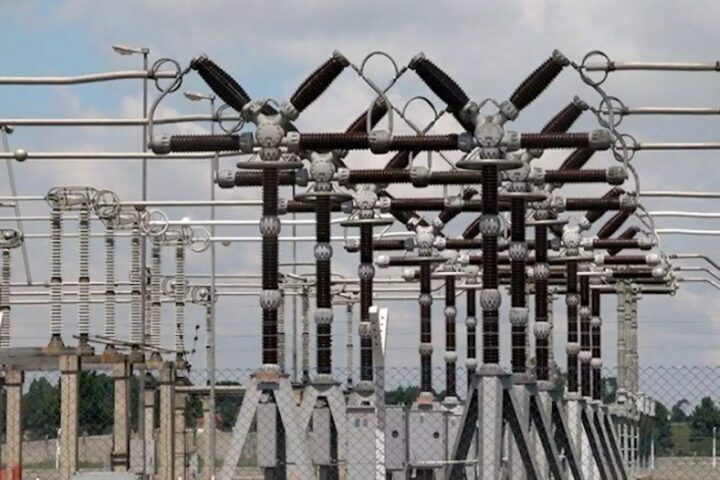
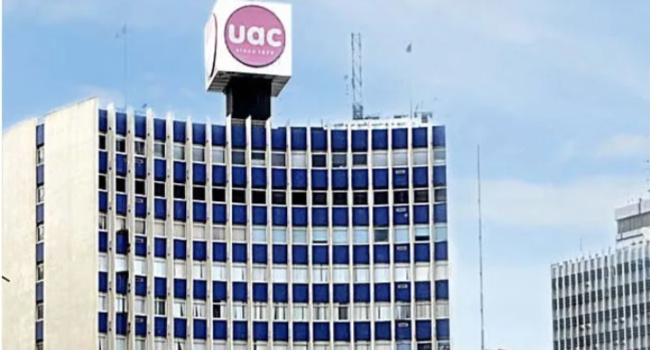







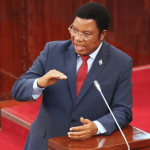
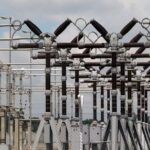



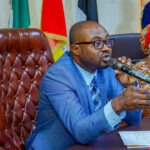
Follow Us